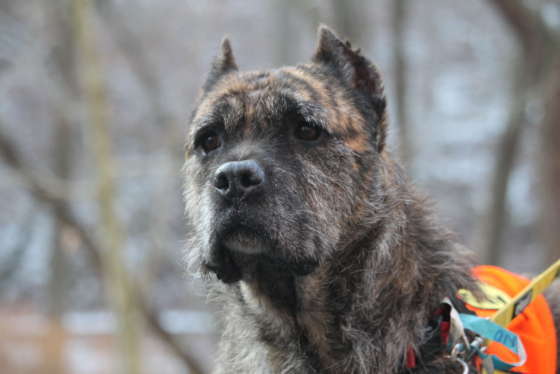WASHINGTON — You say traveling is stressful? For your beast, the burden can be even worse.
Those lovable creatures are ones of routine, and upsetting that with flight delays, TSA lines, loneliness or a kennel cage can be … pardon the pun … ruff.
Whether they’re joining you, staying at home with a sitter or checking into a kennel, planning in advance will help make the experience a lot simpler, said Dr. Katy Nelson, a veterinarian.
If the pet is coming along, Nelson said, the first priority is ensuring that they’re healthy enough to travel.
“That involves a trip to your veterinarian and just making sure that, especially by air flight, they are healthy enough to handle the stress on their system,” she said.
A health certificate is needed within 10 days of travel, and a second certificate might be necessary if you’ll be at your destination for longer than 10 days. Have a plan to secure those necessary documents, the veterinarian suggested.
And while pets weighing less than 20 pounds are lucky enough to sit in a tiny bag (i.e., approved carrier) and stare at your shins during the flight, larger animals have to go down in the cargo hold, which can be especially stressful.
Even in August, it can get very cold at 30,000 feet, she said.
“It’s loud, it’s not temperature-controlled, they’re not necessarily going to be secured down there, so they really need to be truly healthy in order to do that,” she said.
One way to make it easier for them, she said, is to travel when the temperature fluctuations won’t be as dramatic such as in the evening.
What won’t help? Sedating them.
“By suppressing their respiratory rate,” she said, “they’re not able to control their body temperature as easily.”
Owners who decide to leave them at home or in a kennel have their own homework to do as well.
If it’s going to be a kennel, “make sure that they let you tour the facility,” Nelson said. “If they don’t let you see where your pet is going to be sleeping, that’s my cue that it’s time to walk out the front door and find somewhere else,” she said.
“They should be proud of where they’re going to have your pet.”
Also: Find out what they’ll be doing during their stay. Will they be sitting in a kennel? Do they have a walking schedule? Do they have options for day care or play groups? Such questions are especially important for older dogs, Nelson said.
“As they sit there for a long time, it can actually be harder on their joints,” she said.
And if your pet is lucky enough to stay at home, make sure that the sitter is someone you can trust.
“If you don’t know someone personally who’s going to do it for you, go through one of the organizations that are licensed and bonded,” she said. “It’s their responsibility to do those background checks.”
The good ones, she said, are generally great about sending texts and pictures, ensuring antsy owners that the pup or kitty are handling their vacation from you just fine.
WTOP’s Valerie Bonk contributed to this report.









